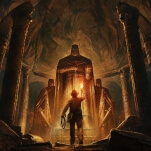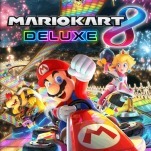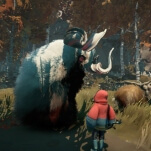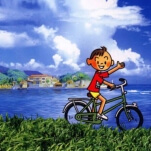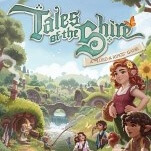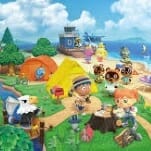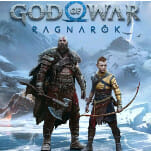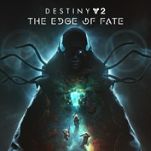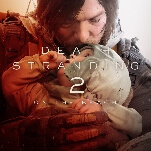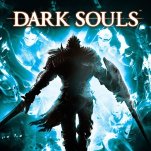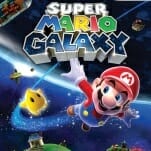The Best Board Games We Played at PAX Unplugged 2023
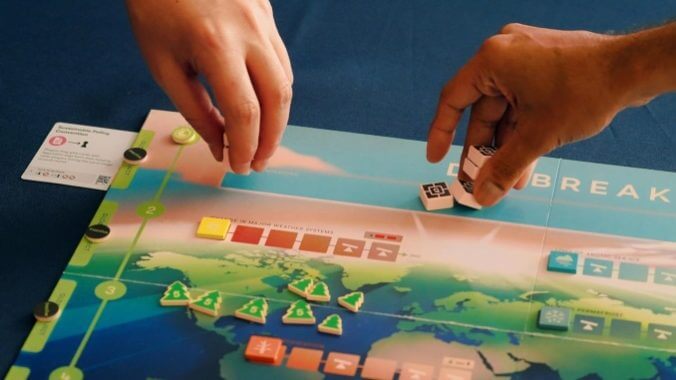
PAX Unplugged, one of the major annual conventions for tabletop and board games, returned to the Philadelphia Convention Center last weekend for the sixth time in seven years, just missing one year for the pandemic, and I think it was bigger than ever. It filled up the convention hall far more than in previous years and one general comment I heard from other attendees was that it seemed like there were more people there. That certainly played out in my preferred part of the show, First Look, where various recent, new, and upcoming releases are out for folks to try for free if you’re fortunate enough to come along when a chair is open. Here’s a rundown of what I played plus some notes from a few meetings with publishers.
The White Castle was the best new game I tried at PAX Unplugged, unsurprisingly so as it’s from the designers of The Red Cathedral, one of my top 25 games of all time. The game has a similar feel but not similar mechanics; it’s just very tightly designed and gives you the satisfaction of a heavier game in a shorter playing time, in this case because every player will get exactly nine turns before the game ends. That shifts the challenge a little because you have to be very efficient with your moves, rather than the challenge of long-term planning in longer and more complex games. Here players draft dice to place them on the main board or their own boards to gain resources or take actions, ultimately placing three types of their own workers on the board, which shows Himeji Castle, the largest such structure in Japan. One big catch is that you can only take the highest or lowest die of each of the three colors; taking the high one gives you more options, but taking the low one triggers an income phase for you and may give you more stuff. The play time is under 90 minutes but it hits that crunchy spot perfectly for me, like I’d played a great two-hour monster.
Daybreak is the latest cooperative game from Matt Leacock, designer of Pandemic and the Forbidden series (including this year’s Forbidden Jungle), here working with a first-time co-designer in Matteo Menapace. Daybreak challenges players to fight climate change and save the planet before it gets too hot, and it’s a clear step up in difficulty from any of Leacock’s other cooperative games, not least because there’s so much more to do. (I mean, props for verisimilitude.) Up to four players play as different countries/regions of the globe, starting with different energy needs, energy production levels, and other sources of carbon, along with varying starting cards. Players get new hands of cards each round and may play them to their personal tableaux for their actions or tuck them under existing cards to make those cards’ actions more powerful. That phase of the game is simultaneous, reducing game time quite a bit since each player will play anywhere from three to five cards—occasionally more—per round. Then players count up all the carbon they’ve produced and figure out how much the global temperature has risen after various carbon sinks have done what they can, followed by a series of unfortunate events on the Crisis cards. The players win if they can reduce their carbon emissions to net zero and survive all crises for that round; they can lose many ways, but the simplest is by failing to meet that goal by the end of round six.
Emerge is a solid, medium-to-lightweight dice placement game that moves very quickly and has one of my favorite game features, one where your actions and powers start out simple and grow over the game, so it’s great for new players. Players are working to grow their islands on the main board and attract plants, birds, and three other species to those islands, doing this by rolling dice in each round and trying to collect sets of certain numbers while using those powers to manipulate them. Most of the game’s points come from scoring the islands, where your points for any one island equal the product of the number of levels and the number of meeples on the island.
Quicksand is a copycat of the great 2022 game Kites, although it’s still very enjoyable in its own right. Kites had players use cards to flip sand timers back and forth to prevent any of them from running out before the players exhausted the deck. Quicksand now has those timers on a track of tiles, and the goal is to get the timers to the end of the track while flipping them to prevent them from running out, although here you can bring a timer back to life with a wild card. It’s very much a game to get if you like Kites and want a new challenge.
Tiger & Dragon might be the biggest-box game ever from Oink Games, publisher of Scout and Deep Sea Adventure. It plays two to five players, and works great with five. The game has 38 tiles numbered 1 through 8, with the count of a tile equal to its face value, so there are five 5 tiles and two 2 tiles. The start player plays any tile to “attack,” and then it goes around the table until someone else can play a tile of the same value to “defend,” after which they attack with any other tile. There are two wild tiles that defend against even or odd attacks. The first player to get rid of all of their tiles wins the round, and gains points based on what their last played tile was—which varies every game depending on the scoring card you choose. It looked like it would be too random at first, but you have to think about your tiles when defending or attacking, as well as what tiles others have played and might still have in hand.
Dro Polter isn’t really my type of game, but I have to admit it’s kind of fun. It’s a tiny box game from Oink where each player has five tokens—a shell, a cube, a key, a ring, and a cracker—and must hold them all in one hand. On every turn, the start player flips a card that shows anywhere from one to four of those items. Players try to drop exactly those items and no others; the first to do so gets one bell, and the game ends when any player gets five bells. The catch is you have to hold all of your bells with your other objects, and if you drop a bell at any point, you lose it. It’s silly but got everyone laughing.
-

-

-

-

-

-

-

-

-

-

-

-

-

-

-

-

-

-

-

-

-

-

-

-

-

-

-

-

-

-

-

-

-

-

-

-

-

-

-

-



